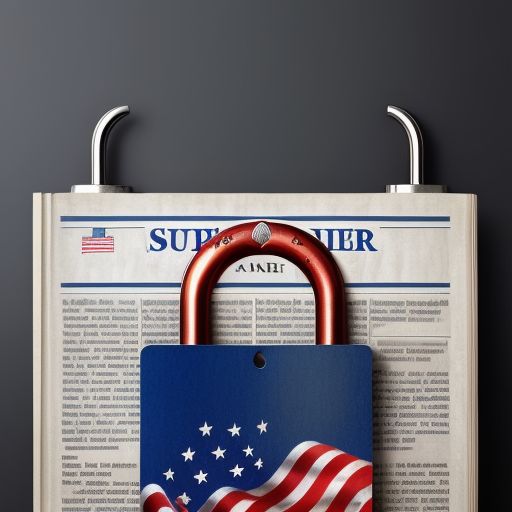In 2022, a disturbing trend emerged in the world of online payments and independent journalism. PayPal, one of the largest digital payment platforms globally, has been quietly shuttering the accounts of several left-wing and antiwar media outlets, raising serious concerns about press freedom and financial censorship.
PayPal Provides No Explanation to Consortium News or MintPress
The story began to unfold when Consortium News, a respected independent news outlet founded in 1995 by investigative journalist Robert Parry, suddenly found its PayPal account “permanently limited” just as it was launching its Spring Fund Drive [1]. Editor-in-chief Joe Lauria, a veteran journalist with credentials from major publications like the Wall Street Journal, was left stunned and without explanation [1].
Almost simultaneously, MintPress News, another left-leaning web-based outlet, faced a similar fate. Its PayPal account was abruptly terminated, with the company citing an unspecified “potential risk” [1]. The impact wasn’t limited to the organization itself; Alan MacLeod, a senior staff writer at MintPress, had his personal PayPal account canceled as well [1].
PayPal Financially Damages Conortium News and MintPress
These actions by PayPal didn’t just inconvenience these outlets; they struck at the heart of their operations. Consortium News saw thousands of dollars frozen in its account, while MintPress lost access to about $1,000 monthly in reader membership payments [1] [2]. For independent media organizations operating on tight budgets, such financial disruptions can be devastating.
PayPal Stops Dissent from Official Narratives
What makes this situation particularly alarming is the apparent targeting of outlets that have been critical of official narratives, especially regarding the Ukraine war [1]. Both Consortium News and MintPress have published articles challenging mainstream perspectives on the conflict, leading to speculation that their PayPal bans might be a form of ideological policing [3].
Was PayPal Directed by the US Government?

The timing of these account closures, coming in quick succession, has raised suspicions of coordinated action, possibly under pressure from government authorities [3]. This echoes the 2010 incident where PayPal froze WikiLeaks’ account following U.S. State Department requests [1].
These events don’t exist in isolation. They’re part of a broader pattern of financial deplatforming that has affected various controversial but legal businesses [3]. However, when such actions target journalists and news outlets, the stakes become significantly higher, potentially chilling free speech and investigative reporting.
PayPal Uses its Power to Stifle Free Speech
As this story continues to unfold, it serves as a stark reminder of the power wielded by financial technology companies in the digital age. Their ability to cut off funding streams to media outlets based on opaque criteria poses a significant threat to press freedom and the diversity of voices in our public discourse.
The affected journalists and organizations are speaking out, calling this a form of wartime censorship and a warning shot to anyone challenging establishment narratives [3]. As we navigate this new landscape where online payment processors can effectively silence voices they deem problematic, we must grapple with crucial questions about free speech, corporate responsibility, and the future of independent journalism in the digital era.
Citations:
[1] https://jacobin.com/2022/05/paypal-independent-media-journalism-censorship-tech
[2] https://finance.yahoo.com/news/deplatformed-paypal-antiwar-journalists-speak-143042419.html
[3] https://www.coindesk.com/layer2/2022/05/23/deplatformed-by-paypal-antiwar-journalists-speak-out/
[4] https://www.wsws.org/en/articles/2022/05/04/uofx-m04.html
[5] https://www.thefire.org/research-learn/fire-statement-free-speech-and-online-payment-processors
